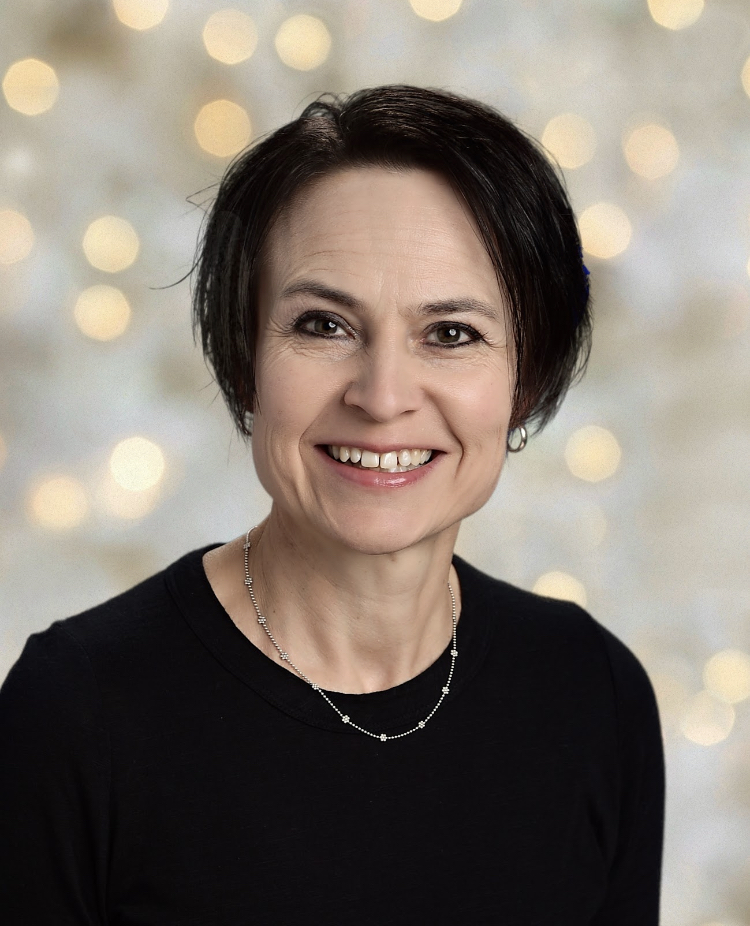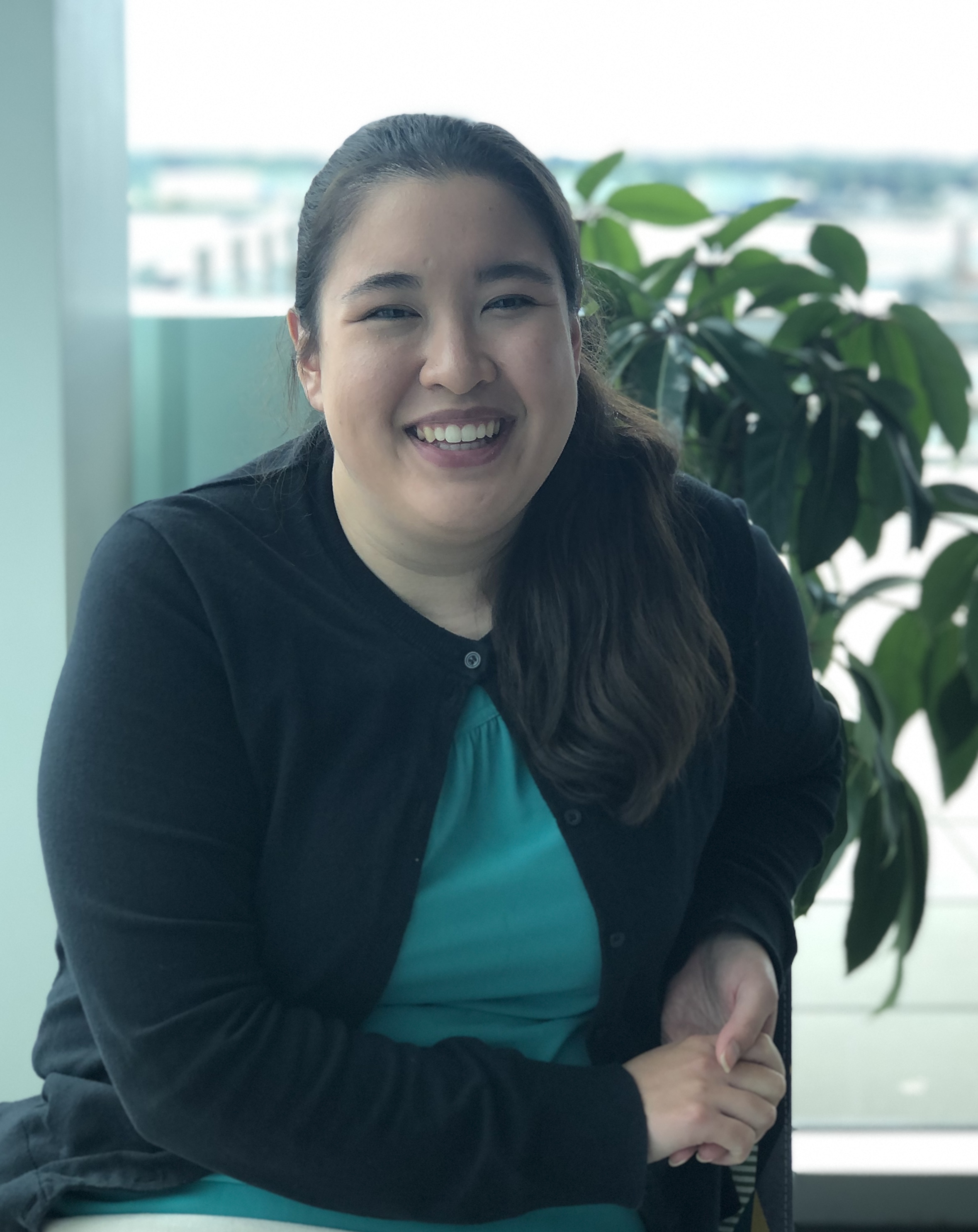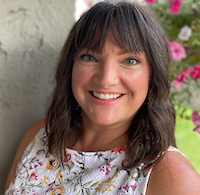Presenters
District Instructional Coach
Cammie currently works as a District-wide Instructional Lead in a geographically vast rural Alberta district (Prairie Rose Public Schools) and with the district’s Distance Learning programs. She has over 20 years of experience as a high school English and Social Studies teacher and taught an EdTech college course for preservice teachers for 5 years. She is a proud ISTE Community Leader and puts her roles as Google Certified Trainer / Coach and Microsoft Master Trainer to good use as a member of Canada’s Cobblestone Collective edtech trainers.
Conference Committee Co-Chair
Amanda Nguyen is the Conference Co-Chair for ACTEM (Maine’s ISTE Affiliate). She supports programming and partnerships that create opportunities for learners to thrive in innovative and career-focused pathways. She is a former high school math/science teacher and administrator. She has created and implemented several professional learning and teacher leadership programs for educators. She earned her B.A. from Bowdoin College and M.Ed. focused on Technology, Innovation, and Education from the Harvard Graduate School of Education. She is the 2021 ACTEM ACHIEVE award winner (the Making IT Happen award from Maine) an ISTE 20 to Watch awardee, and ISTE Community Leader.
Maggie's passion in education resides in creating engaging and accessible learning opportunities for all learners. For over a decade, she has worked with teachers, students, administrators, para-professionals, families, and community partners to build a common understanding of how creating engaging and accessible learning for ALL is possible. As a district AEM Coordinator she collaborated across district initiatives to support inclusive teaching and learning structures. Maggie served as a digital learning consultant helping districts bridge the gap between instructional and assistive technologies in their teaching and learning practices.
Technology & Digital Design Coordinator
Greta Sandler is a Learning Innovation Leader at Belgrano Day School in Buenos Aires, Argentina. She is passionate about creating safe learning environments and empowering learners by giving them a voice and choice in their education, nurturing their creativity, and prioritizing their social-emotional needs. Greta is an ISTE Certified Educator and a Google Certified Trainer who advocates for agile, student-centered classrooms and project-based learning. She aligns projects with the UN's SDGs, empowering students to become agents of social change. As an ISTE Community Leader, Greta enjoys working alongside educators worldwide, exchanging ideas, and empowering teachers everywhere to elevate their practice.
Session description
Put your Universal Design for Learning (UDL) skills to the test during a digital escape room. The challenges are designed to meet everyone where they are on their UDL journey. You will discover the UDL concepts as you work and have resources you can use back at your school.
Purpose & objective
Purpose:
This presentation increases knowledge of both the framework of Universal Design for Learning, accessibility design strategies, as well as the use of digital escape rooms as a learning activity. Universal Design for Learning has several guidelines that have been rigorously tested across many different learning environments (supported primarily by CAST). Findings consistently have shown that application of these guidelines during the instructional design process help educators think more deeply about how to serve each of their learners. The resulting flexibility of the learning environment has also been shown to improve learning outcomes. Accessibility design strategies aligned with the Web Content Accessibility Guidelines (WCAG) establish an additional layer of consideration that bolster the user experience for the broadest range of professionals, even those using assistive technologies. Digital escape rooms have been integrated into classrooms across the globe. Some are purchased, for example through BreakoutEDU, and others are designed by educators using free and accessible tools. Students (and educators) who have competed in a digital escape room have been highly and creatively engaged, improved collaboration and effective communication skills, and have learned content more deeply while also applying critical thinking skills.
Objectives:
During this session, participants will know and be able to apply basic UDL concepts to their classrooms. They will also leave being able to describe what it was like to participate in a digital escape room, the potential ways to integrate this type of activity into the classroom, and have ideas for how they could create their own digital escape room.
More [+]
Outline
1. Introductions (opportunity to meet ISTE Community Leaders from across the globe and hear about how we collaborated to make this experience for others) - 5 minutes
2. Why UDL? - 5 minutes
3. Overview of a Digital Escape Room - 5 minutes
4. Play the Digital Escape Room in teams - 30 minutes
5. Debrief and reflections about how to integrate what was learned back at your school / district - 10 minutes
6. Wrap up: Information about where to access resources (how to create your own digital escape room, tools for UDL, etc.) - 5 minutes
More [+]
Supporting research
Dive into UDL: 2nd Edition by Luis Perez and Kendra Grant: https://my.iste.org/s/store?_ga=2.112541447.2034149879.1664138508-750866617.1657495190#/store/browse/detail/a1w1U000004yxCnQAI
CAST: https://www.cast.org/
More [+]






